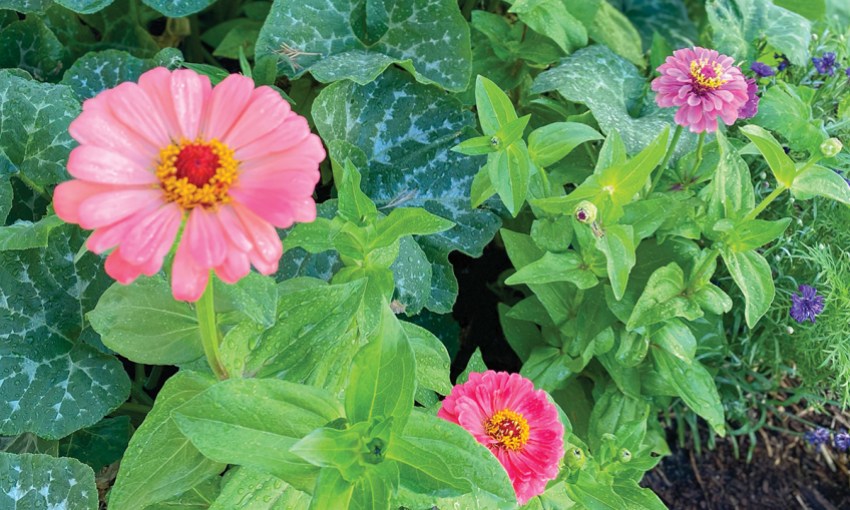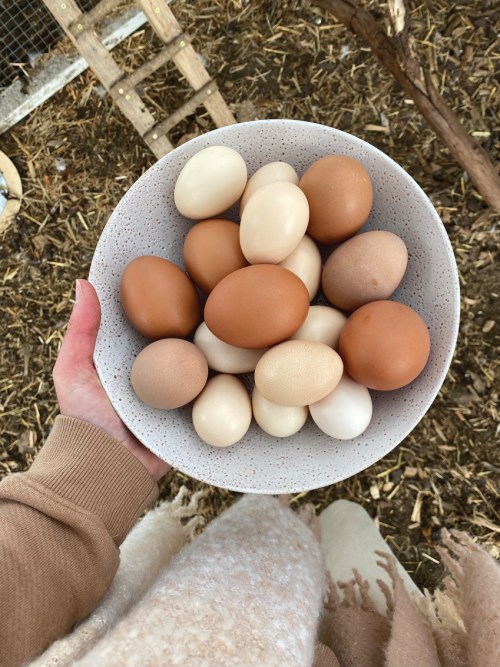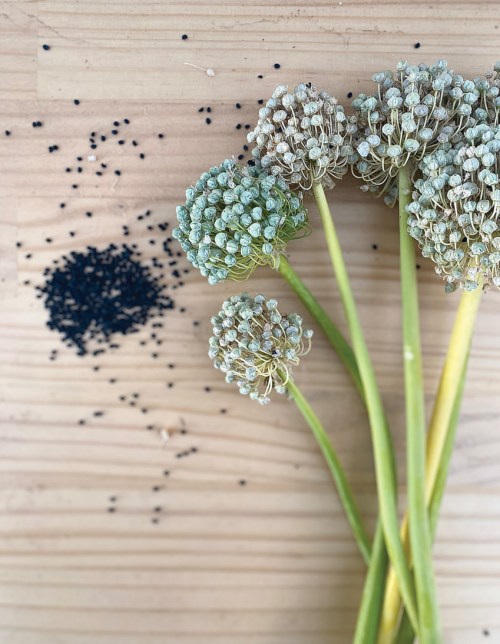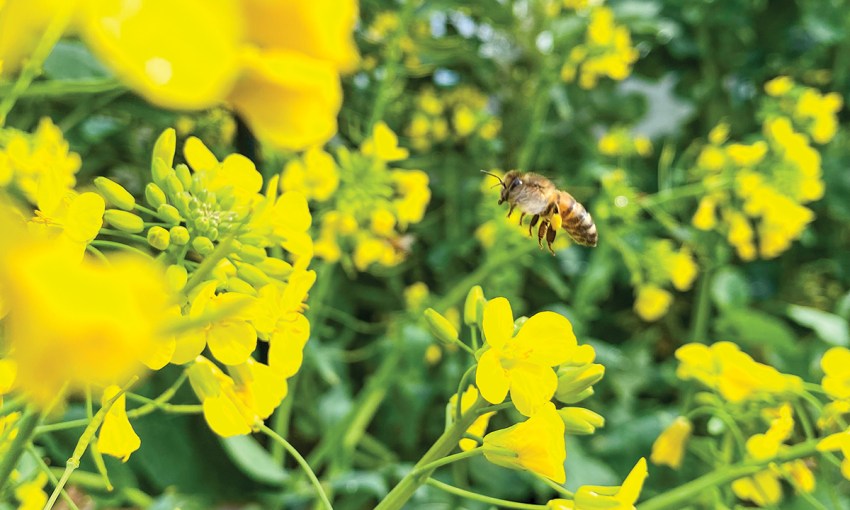The principles of permaculture can be adopted from the farmyard to the suburban backyard, creating spaces that have less impact on the planet.
Culture club
Permaculture in South Australia goes beyond just food production. It incorporates sustainable building techniques, renewable energy systems, and the integration of waste management practices. By applying these principles, individuals and communities can reduce their environmental footprint, improve self-sufficiency, and contribute to the health and well-being of the local environment.
South Australia’s Mediterranean climate provides an ideal environment for growing a diverse range of fruiting plants, making it a perfect fit for implementing permaculture principles.
Permaculture takes advantage of the sun, wind, and water. This concept of gardening focuses heavily on gradually building up soil quality with nutrients so that you’re rejuvenating the earth as you’re strengthening the health of your plants. Permaculture focuses on principles such as observation, thoughtful planning, working with natural processes, minimising waste, and valuing diversity.
Permaculture is about creating a space to grow your own food in a sustainable way that relies on natural processes to promote healthy, strong plants and year-round harvests. This gardening practice is equally relevant to a suburban courtyard as it is to a rural farm.
Here’s how you can get started:
Observation and design
Before beginning, it’s important to understand the natural patterns and processes of your site. Observe and note the summer and winter angles, prevailing winds, water runoff and microclimates in your garden. Begin with a small area or project within your garden. This will allow you to learn and experiment without being overwhelmed. There’s a lot of flexibility when it comes to a permaculture garden, ultimately, it’s up to you to decide what permaculture means and how you structure your garden.

Waterwise gardening
In SA, where water shortage is a concern, it is essential to design with water efficiency in mind. Consider the placement of rainwater tanks, swales, and drip irrigation. An automated irrigation system will water selected parts of your garden as efficiently as possible. This can also include mulching and selecting drought-tolerant plant species. When mulching, consider using pea-straw or lucerne-based products as these organic options help to retain soil moisture and supress weed growth. Additionally, practicing deep watering and planting species with similar water needs together to maximise efficiency.
Diverse plantings
It’s important to select plant species that are well-adapted to the local climate and soil conditions. If you can, plant species that are native to SA such as fragrant saltbush (Rhagodia parabolica), native fuchsia (Correa glabra), creeping boobialla (Myoporum parvifolium) or billy buttons (Pycnosorus globosus). Integrate food-producing plants: vegetables, fruit trees, herbs, and flowers to create an edible landscape. Companion planting techniques can be used to enhance plant growth, deter pests, and increase biodiversity.
Soil health and composting
Here in SA, soils can be sandy or clay-based so improving soil fertility and structure is essential for the success of your plants. Add organic matter through composting, repurposing food scraps or garden trimmings. Compost builds healthy soil – think of it as soil food. Productive gardens are hungry, and compost provides a living source of nutrition to plants, delivered slowly and steadily. Compost enhances sandy soil by improving its water and nutrient holding capacity and opens up clay soil by providing air pockets that improve drainage. Vermicomposting, which involves using earthworms to break down organic matter, can also be a valuable addition to your garden. Unlike composting, worm castings don’t need to be cured – worms provide their castings in a way that is nutrient stable for plants immediately.

Hen house
Chickens are the perfect animal for a backyard permaculture garden. They serve so many beneficial purposes, such as converting food scraps into eggs, assisting in keeping weeds at bay, help control pests, and of course are a great source of manure. They also assist in soil fertility by scratching and aerating the soil as they forage. Ensure you provide a suitable and secure coop to protect them from predators. With responsible management and proper integration, your backyard chickens will soon become an asset.
Beekeeping and pollinators
We all know that bees play a crucial role in food production. It’s understandable that not everybody can have a hive at home, however bees will benefit from the diverse range of flowering plants you have selected. Ensure you have pollen and nectar year-round for the bees by planting perennials such as: rosemary, lavender, salvia, and catmint. More than half of Australia’s native bee species nest in the ground – it is crucial to provide them with access to open soil for nesting purposes. By leaving patches of open ground in your garden, you create suitable habitats for native bees to build their nests. It’s extra special to see blue-banded bees in your garden.

Propagation and seed saving
There are several ways to propagate plants, the simplest being from seed, taking cuttings or by division. These techniques allow for the reproduction and expansion of plant populations in a permaculture garden. By using these methods, you can easily cultivate new plants, ensuring a continuous supply of diverse species within your garden.
Growing plants from seed offers the distinct advantage of using non-hybrid stock, ensuring that the plants remain true to their original characteristics. In fact, the only way to preserve heirloom varieties is by growing them in our own backyards, carefully saving and sharing the seeds with neighbours and friends.
Embark on a journey of sustainable living as you delve into the principles of permaculture. Together, we can create spaces that have less impact on the planet.



